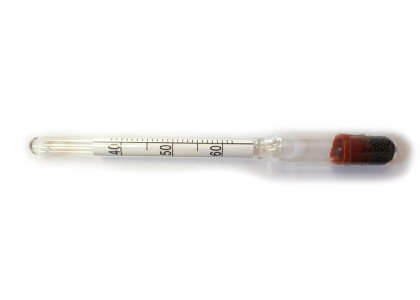Powdered Glazes, Colours & Frits
See our Technical Information Sheet "Safe Handling of Powdered Ceramic Materials" Glaze Preparation These notes apply to most powdered glazes whether earthenware, stoneware or porcelain. Some fritte… Read more
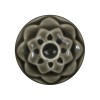
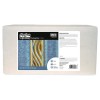
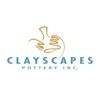
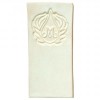
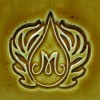
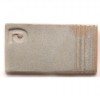
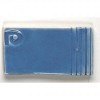
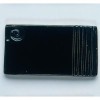
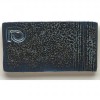
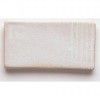
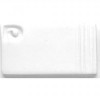
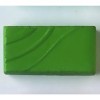
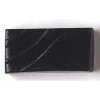
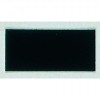
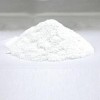
Powdered Glazes, Colours & Frits
See our Technical Information Sheet "Safe Handling of Powdered Ceramic Materials"
Glaze Preparation
These notes apply to most powdered glazes whether earthenware, stoneware or porcelain. Some fritted glazes are prone to settling (see below) and additives must be made immediately upon mixing. It is recommended to treat all earthenwares, and fritted stonewares such as 2361 and 2209.
For most glazes (see individual product descriptions for exceptions), sprinkle the powder into a suitable container of water, stir, then sieve through an 80’s lawn or finer. Leave to settle overnight and pour off surplus water.
Stir, then if necessary add water to achieve the desired consistency. This depends upon the porosity of the biscuitware, but normally will be around 18 - 25oz of dry glaze per pint of water (800 - 1250gm per litre).
As a general rule of thumb for most powder glazes mixed for dipping/pouring to an average specific-gravity of 1.4 (1.4 times heavier than water for a set amount of liquid):- 100g glaze powder makes around 154ml liquid glaze.
Glaze Suspension
Settling is not normally a problem with stoneware glazes, but may be troublesome with some earthenware or Artistic glazes, the glaze settling into a hard deposit at the bottom of the containers which is difficult to reconstitute (also known as hard-panning).
The addition of 1-3% (higher % for fritted glazes) of Bentonite 3411 to the glaze powder prior to preparation will help prevent glazes from quickly settling and such addition is therefore common practice. Even so, this may have little effect on any tendency for the glaze to set hard once it has settled. A flocculant such as Calcium Chloride 3415 or Magnesium Sulphate (Epsom Salts) 3442 added to the glaze will, however, have the effect of causing the glaze to settle in a more loosely packed arrangement of the constituent parts, which are then more easily reconstituted.
The method is to mix a little of the flocculant with hot water in a cup until no more can be dissolved (saturated solution). Leave to cool and then add a few drops only of the liquid per litre of glaze, followed by thorough mixing. Larger additions will cause the glaze to thicken (helpful if very vitreous pieces are to be dipped).
Consistency Measurement
Once the correct glaze consistency has been achieved it should be measured so that it can be repeated next time. Weigh exactly 100ml of the mixed glaze and divide the resultant weight in grams by 100 to obtain the specific gravity. Alternatively one pint can be weighed to determine the ‘pint weight’. A popular method is to use a Glaze Hydrometer 5828 to quickly obtain a reading which can easily be checked at each glazing session & the glaze adjusted if necessary.
Powdered glazes, once mixed with water according to the recommended guidance, are suitable for dipping, pouring or spraying onto the piece. They are not suitable for brushing-on without addition of a glaze binder such as Pehatine. If brush-application is intended, we would recommend you select one of our ready-mixed brush-on glazes instead.
To avoid ‘milkiness’ and/or crazing in the fired result, transparent glazes should be applied thinly and fired/cooled on a fast schedule.
Artistic/special effect glazes usually require a generous application to achieve the desired effect. Please note the individual product descriptions for product-specific guidance. Some special effect glazes can melt/flow considerably during firing so please take all necessary precautions, especially with regard to protecting your kiln furniture (stilting, batt wash etc.).
